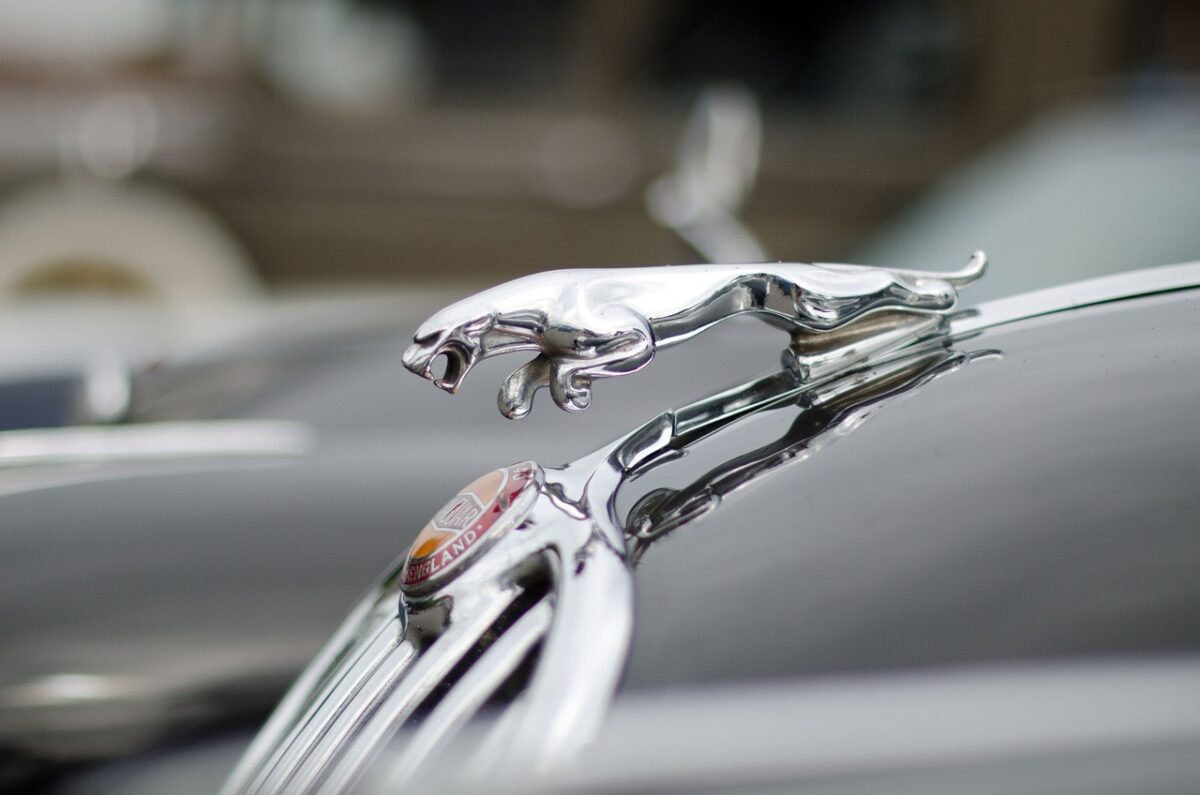From pv magazine Global
UK car manufacturer Jaguar Land Rover says it is partnering with Wykes Engineering to build large-scale stationary energy systems based on second-life lithium-ion batteries from its I-PACE electric vehicles.
The system will store renewable energy coming from unspecified wind and solar plants, the company said, noting that it will have a storage capacity of 2.5 MWh.
“The batteries supplied have been taken from prototype and engineering test vehicles, and JLR aims to supply enough batteries to store a total of 7.5 MWh of energy – enough to power 750 homes for a day – by the end of 2023,” the company said. “After this point, more containers can be created to house additional second-life batteries removed from used production vehicles in the future.”
The I-PACE battery, developed in collaboration with Switzerland-based Pramac, has a storage capacity of 90.2 kWh. Weighing 610 kg and measuring 2,280 mm x 1474 mm x 300 mm, the battery has retained 70% to 80% of its original capacity, according to Jaguar Land Rover. The company emphasised that no extra manufacturing processes or battery module removal is necessary.
The company said that that every battery is linked to an inverter to optimize energy production.
“Its advanced engineering makes the I-PACE battery perfect for second-life, and even third-life, applications in low-energy situations once battery health falls below the stringent requirements of an electric vehicle,” Jaguar Land Rover stated. “Once the battery does finally come to the end of its usable life, it is 95% recyclable.”
This content is protected by copyright and may not be reused. If you want to cooperate with us and would like to reuse some of our content, please contact: editors@pv-magazine.com.









By submitting this form you agree to pv magazine using your data for the purposes of publishing your comment.
Your personal data will only be disclosed or otherwise transmitted to third parties for the purposes of spam filtering or if this is necessary for technical maintenance of the website. Any other transfer to third parties will not take place unless this is justified on the basis of applicable data protection regulations or if pv magazine is legally obliged to do so.
You may revoke this consent at any time with effect for the future, in which case your personal data will be deleted immediately. Otherwise, your data will be deleted if pv magazine has processed your request or the purpose of data storage is fulfilled.
Further information on data privacy can be found in our Data Protection Policy.